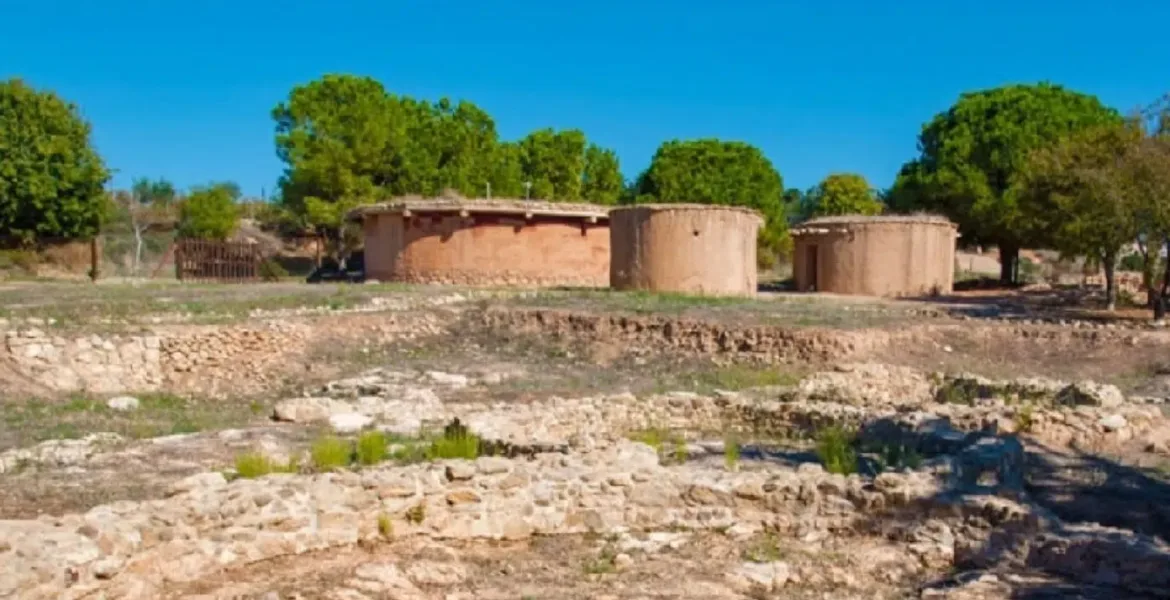Adelaide, Australia—Forget farmers. According to a groundbreaking new study, Cyprus was first colonized by resourceful hunter-gatherers thousands of years earlier than previously thought.
For decades, archaeologists believed the eastern Mediterranean island was settled by Neolithic farmers around 12,000 years ago. However, research led by Professor Corey Bradshaw of Flinders University paints an entirely different picture.
"Our findings reveal Cyprus was buzzing with life much earlier," Professor Bradshaw said. "We're talking about hunter-gatherers establishing a permanent presence on the island as far back as 14,257 to 13,182 years ago."
The study, published in the prestigious Proceedings of the National Academy of Sciences, upends long-held assumptions. Archaeologists reached their conclusions using advanced techniques, including analysis of 10 key archaeological sites, climate modelling, and demographic simulations.
"Imagine large, organized groups – hundreds to thousands of people – making the journey to Cyprus over a short period, likely just a few migration events within a century," explained Professor Bradshaw. "This implies advanced watercraft and a level of planning far beyond what we previously attributed to these early societies."
Favourable climate conditions, with increased rainfall, temperature, and abundant resources, likely played a crucial role in attracting these early inhabitants. The study also suggests the population grew rapidly, reaching an estimated 4,000-5,000 within just 300 years.
"This challenges the prevailing theory that early Mediterranean settlements were driven by populations forced to relocate due to environmental pressures," said Dr. Theodora Moutsiou, an archaeologist at James Cook University and the University of Cyprus.
The research team believes this is just the beginning. "Our findings highlight the need to re-evaluate early human migration patterns across the Mediterranean," Professor Bradshaw concluded. "New technologies and methodologies are prompting a complete rewrite of history."
This exciting discovery promises to spark further investigation and shed new light on the remarkable story of human expansion in the Mediterranean region
The research was detailed in a paper published in the Proceedings of the National Academy of Sciences.


